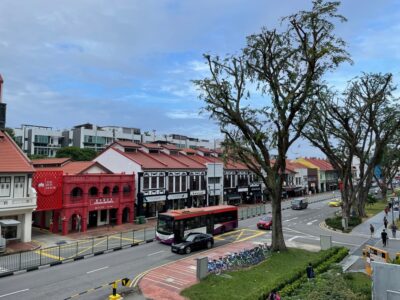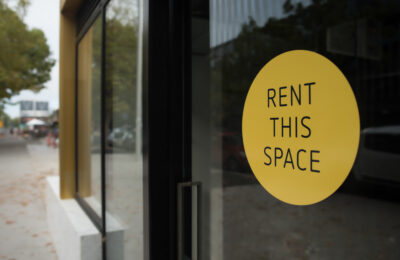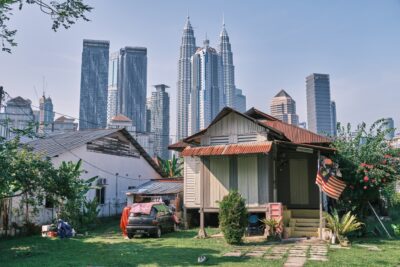The Asia Pacific hotel sector gains USD8.5 billion in investments in 2021
The hotel market is also going to face significant change as more APAC regions are reopening their borders this year

The hotel market in the Asia Pacific had a dramatic investment resurgence in 2021. However, levels are still below pre-pandemic levels as the industry recovers.
Based on JLL’s Global Hotel Investment Outlook 2022, the transaction volume in the Asia Pacific totaled USD8.5 billion, which is equivalent to 13 percent of the total global hotel volume. Overall, activity was 39 percent higher than in 2020. Despite this, sales were 40 percent below their pre-COVID levels in 2019.
Several themes will influence transactions in APAC’s hotel sector this year, including investors focusing their money on markets that have stretched their competitive advantage and enhanced their profile since the pandemic.
The industry’s commitment to sustainability is another factor. All stakeholders have made it clear that they support a market where sustainability and impact investing are emphasised. Ultimately, this could result in increased consumer demand and asset values, as well as decreased operational costs.
Lastly, because co-living is emerging as an alternative accommodation type in the Asia Pacific, other places that manage and lease flexible spaces while adhering to hotel-level standards, are expected to pop up in the market.
The hotel market is also going to face significant change as more APAC regions are reopening their borders this year.
According to WIT, Skyscanner revealed that international bookings to Southeast Asian countries have increased significantly in January 2022.
More: Bali set to reopen on 4 February, Indonesian minister says
As some of the most recent countries to lift restrictions on foreign travelers, Indonesia, Vietnam, Malaysia, and the Philippines have seen significant rises in demand.
Following the relaxation of limitations in Q4 2021, countries like Thailand and Singapore have observed sustained demand, as well as month-on-month gains, which is a good indicator for returning travelers’ confidence.
Paul Whiteway, senior regional director for Asia Pacific at Skyscanner, shared that “The latest border reopening announcements in Asia Pacific alongside easing of some restrictions at the beginning of the year have resulted in positive travel demand, providing a boost to the industry during a crucial period for seasonal travel.”
The Property Report editors wrote this article. For more information, email: [email protected].
Recommended
Meet the vagabond architect behind India’s housing scene
Vinu Daniel is helping to shake up India’s home building setting
Where Asian real estate stands in a fragmented, warmer world
Asia’s real estate industry faces many and varied challenges as external factors continue to bite
6 sights to see in Singapore’s Marine Parade
Handily located Marine Parade has emerged as a vibrant investment choice in the Lion City
There’s a township dedicated to health and wellness in Malaysia
Property seekers have their health needs catered for at KL Wellness City








